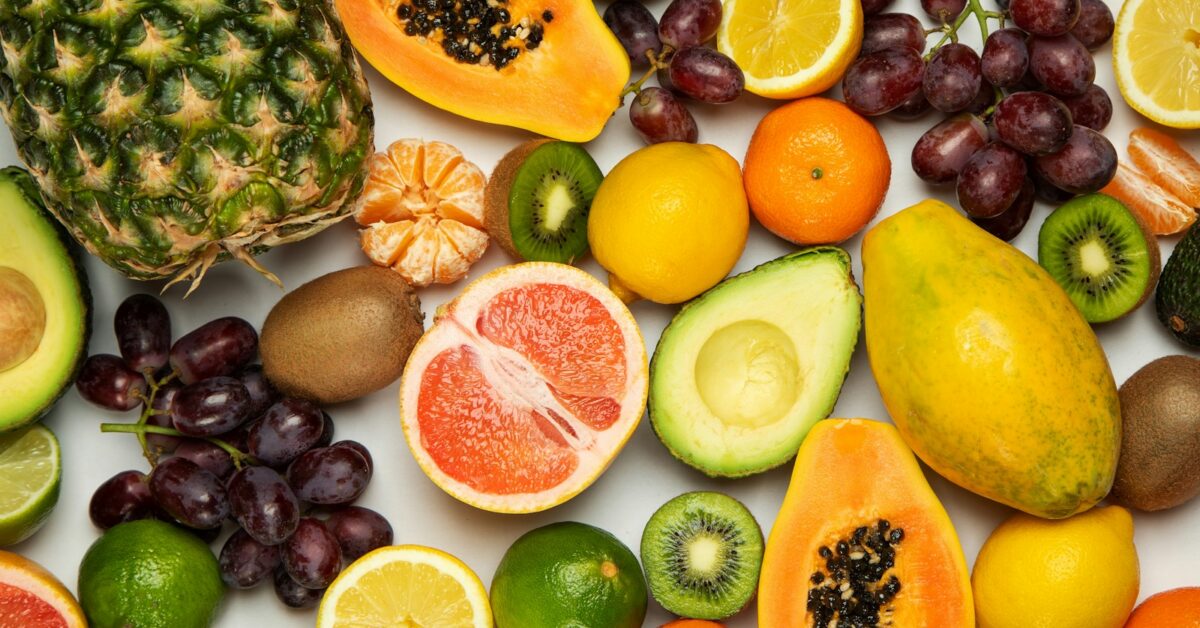Are eggs vegan?
Eggs have long been a staple in many diets around the world. They are a versatile ingredient, used in a wide range of dishes, from breakfast classics like omelettes and scrambled eggs to baked goods and desserts. However, as the popularity of veganism continues to grow, the question arises: are eggs vegan?
The definition of veganism
Veganism is a lifestyle and dietary choice that seeks to exclude the use of animals for food, clothing, or any other purpose. Vegans choose not to consume animal products, including meat, dairy, and eggs. The philosophy behind veganism is rooted in the belief that animals have the right to live free from exploitation and harm.
The controversy surrounding eggs
While some may argue that eggs are a vegetarian food, they are not considered vegan. This is because eggs come from animals, specifically chickens, and their production involves the exploitation of animals. There are several reasons why eggs are not considered vegan:
- Animal exploitation: The egg industry involves the confinement and exploitation of hens. Most commercial egg-laying hens are kept in battery cages, which are small wire enclosures that restrict their movement and natural behaviors.
- Male chicks: In the egg industry, male chicks are considered useless as they do not lay eggs. As a result, they are often killed shortly after hatching, either by suffocation, gassing, or grinding. This practice is known as chick culling and is considered inhumane by many animal welfare organizations.
- Health concerns: Eggs have also been linked to various health concerns. They are high in cholesterol and saturated fat, which can contribute to heart disease and other health issues when consumed in excess.
Vegan alternatives to eggs
Fortunately, there are numerous vegan alternatives to eggs that can be used in cooking and baking. These alternatives not only provide similar functionality but also offer a cruelty-free and healthier option. Some popular vegan egg substitutes include:
- Flaxseeds or chia seeds: When mixed with water, these seeds create a gel-like consistency that can be used as a binding agent in recipes.
- Applesauce or mashed bananas: These ingredients can add moisture and act as a binding agent in baked goods.
- Silken tofu: Blended silken tofu can be used as a substitute for eggs in recipes that require a creamy texture, such as puddings or custards.
- Commercial egg replacers: There are also several commercially available egg replacers on the market, which are specifically designed to mimic the properties of eggs in cooking and baking.
The ethical and environmental impact of egg production
Aside from the veganism perspective, there are also ethical and environmental concerns associated with egg production. The intensive farming practices used in the egg industry contribute to various issues, including:
- Environmental degradation: The production of eggs requires significant resources, including land, water, and feed. The intensive farming methods used in the industry contribute to deforestation, water pollution, and greenhouse gas emissions.
- Antibiotic use: The overcrowded conditions in which hens are kept make them more susceptible to diseases. As a result, antibiotics are often used to prevent and treat infections. The overuse of antibiotics in animal agriculture contributes to the development of antibiotic-resistant bacteria, posing a threat to human health.
- Waste management: The large-scale production of eggs generates a significant amount of waste, including manure. Improper disposal of this waste can lead to water contamination and the release of greenhouse gases.
In conclusion, eggs are not considered vegan due to the animal exploitation involved in their production. Vegans choose to avoid eggs and opt for cruelty-free alternatives that provide similar functionality. Additionally, the intensive farming practices used in the egg industry have ethical and environmental implications. By choosing vegan alternatives, individuals can make a positive impact on animal welfare and the environment.
